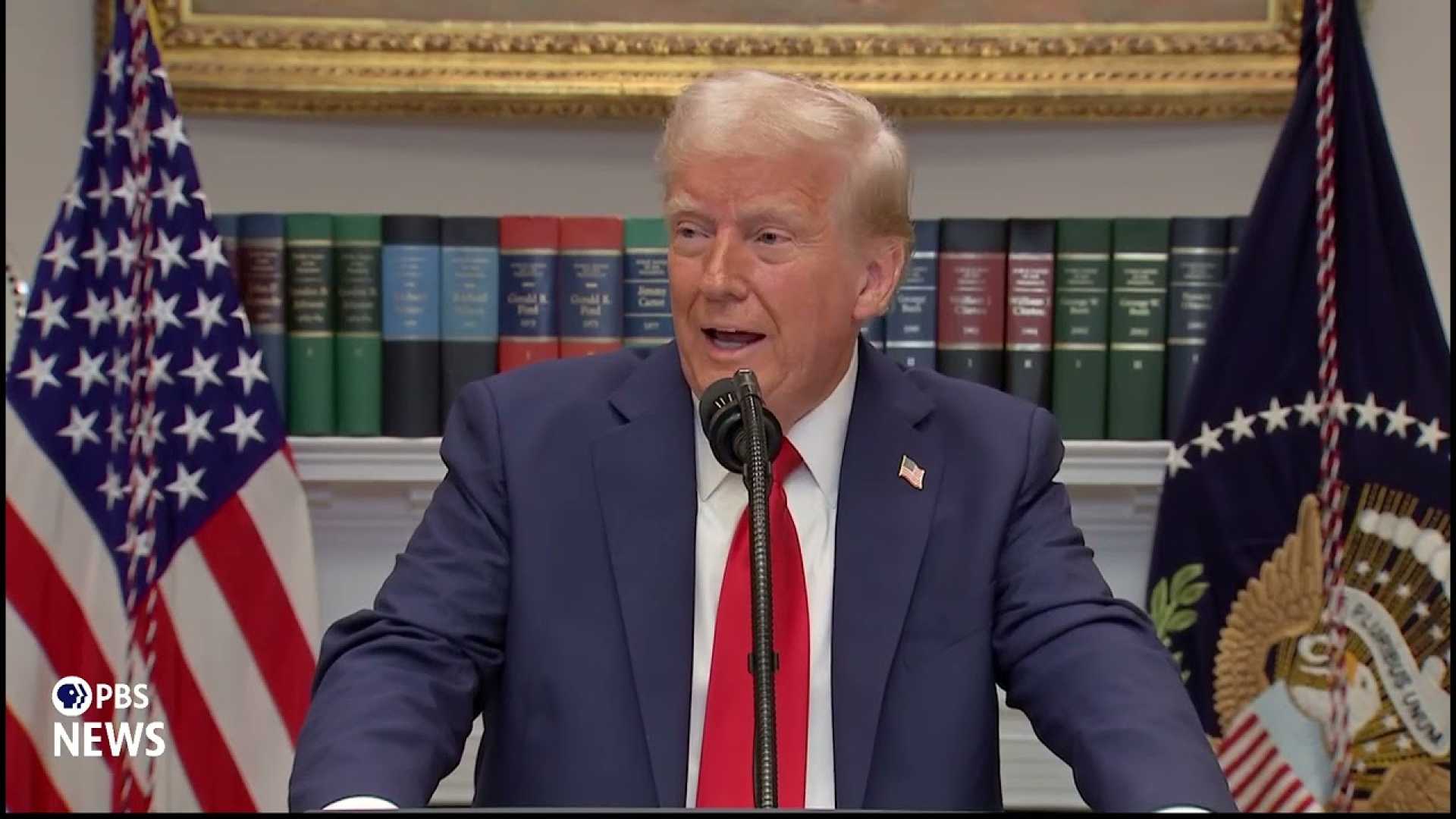Politics
Trump Pardons Jan. 6 Rioters, Sparks Bipartisan Backlash

WASHINGTON — President Donald Trump sparked bipartisan backlash on Tuesday after issuing sweeping pardons to roughly 1,500 individuals connected to the Jan. 6, 2021, attack on the U.S. Capitol. The move, which also included commuting the sentences of 14 others, drew sharp criticism from lawmakers, legal experts, and law enforcement officials.
Trump defended the pardons during a White House news conference, stating, “They’ve served years in jail. They should not have served, and they’ve served years in jail. And murderers don’t even go to jail in this country.” The pardons targeted individuals convicted of crimes ranging from trespassing to assaulting police officers during the Capitol riot.
Reactions from Congress were divided. Sen. Lisa Murkowski, R-Alaska, expressed disappointment, saying the pardons sent a troubling message to the officers who defended the Capitol. Sen. Thom Tillis, R-N.C., echoed similar concerns, stating, “I just can’t agree” with Trump’s decision. Meanwhile, Sen. Josh Hawley, R-Mo., acknowledged Trump’s campaign promise but said he would not have pardoned violent offenders if he were president.
Some Republicans, including Senate Majority Leader John Thune, R-S.D., deflected questions about the pardons, instead criticizing President Joe Biden’s last-minute pardons of his family members. Others, like Reps. Andy Biggs, R-Ariz., and Chip Roy, R-Texas, celebrated the move, with some visiting Jan. 6 inmates upon their release.
Legal experts and former prosecutors condemned the pardons as an unprecedented and dangerous use of executive power. Jason Manning, a former prosecutor who worked on Jan. 6 cases, called the pardons “appalling” and warned of the long-term damage to the justice system.
The pardons overshadowed other developments on Trump’s second day in office, including Vice President JD Vance’s unique position as the potential frontrunner for the 2028 Republican presidential nomination. Vance, a Trump loyalist, enters office with the 2028 race wide open, a scenario only six previous vice presidents have faced since the enactment of the 22nd Amendment.
Historically, only three of those six vice presidents secured their party’s nomination, with George H.W. Bush being the only one to win the presidency. Vance’s path to the nomination could hinge on maintaining Trump’s support, a relationship that remains strong but unpredictable.












